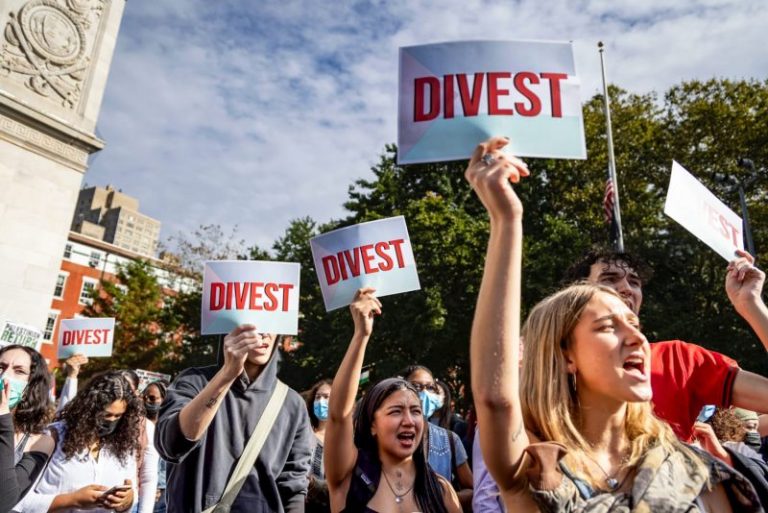College Protesters Want Their Schools to Divest from Ties to Israel – Here’s What That Means
Background of the Divestment Movement
The movement to divest from ties to Israel has been gaining traction on college campuses across the United States and around the world. This movement is primarily driven by students and activists who are advocating for their universities to cease any investments or partnerships that support Israel, particularly in response to the Israeli-Palestinian conflict.
The movement has its roots in the broader Boycott, Divestment, and Sanctions (BDS) movement that was initiated in 2005 by Palestinian civil society organizations as a non-violent means to pressure Israel to comply with international law and respect the rights of Palestinians. The BDS movement calls for boycotts, divestment, and sanctions against Israel until it complies with international law.
Understanding Divestment
Divestment, in this context, refers to the act of withdrawing financial investments from companies, organizations, or nations that are deemed to be supporting or benefiting from activities that are seen as unethical or harmful. In the case of the divestment movement related to Israel, activists are calling on their universities to divest from companies that are involved in the Israeli occupation of Palestinian territories, the construction of Israeli settlements in the West Bank, and other actions that are seen as violating human rights.
The Goals of Divestment
The primary goal of the divestment movement is to pressure Israel to change its policies towards the Palestinians and to end what activists see as violations of international law and human rights. By targeting the economic interests that support Israeli actions, activists hope to create financial consequences that will compel Israel to change its behavior.
The divestment movement also aims to raise awareness about the Israeli-Palestinian conflict and to mobilize public opinion in support of the rights of Palestinians. By engaging in divestment campaigns on college campuses, students are able to amplify their voices and bring attention to the issues at hand.
Challenges and Controversies
The divestment movement related to Israel has faced significant challenges and controversies. Critics argue that divestment campaigns are one-sided, ignore the complexities of the Israeli-Palestinian conflict, and unfairly target Israel while overlooking the actions of other nations with poor human rights records.
Furthermore, some opponents of the divestment movement claim that such actions can hinder dialogue and cooperation between Israelis and Palestinians, further polarizing the conflict and making it more difficult to achieve peace and reconciliation.
In response to divestment campaigns, supporters of Israel have launched counter-campaigns to promote investment in Israel and to push back against what they see as biased and harmful initiatives.
Moving Forward
As the divestment movement continues to grow and evolve, it remains a contentious and divisive issue on college campuses and beyond. Supporters of the movement see it as a powerful tool for advocating for human rights and justice, while opponents view it as a misguided and harmful approach that undermines efforts to achieve peace and cooperation in the region.
Ultimately, how universities and institutions respond to calls for divestment from ties to Israel will have implications for the broader debate on the Israeli-Palestinian conflict and the pursuit of a just and lasting resolution.



